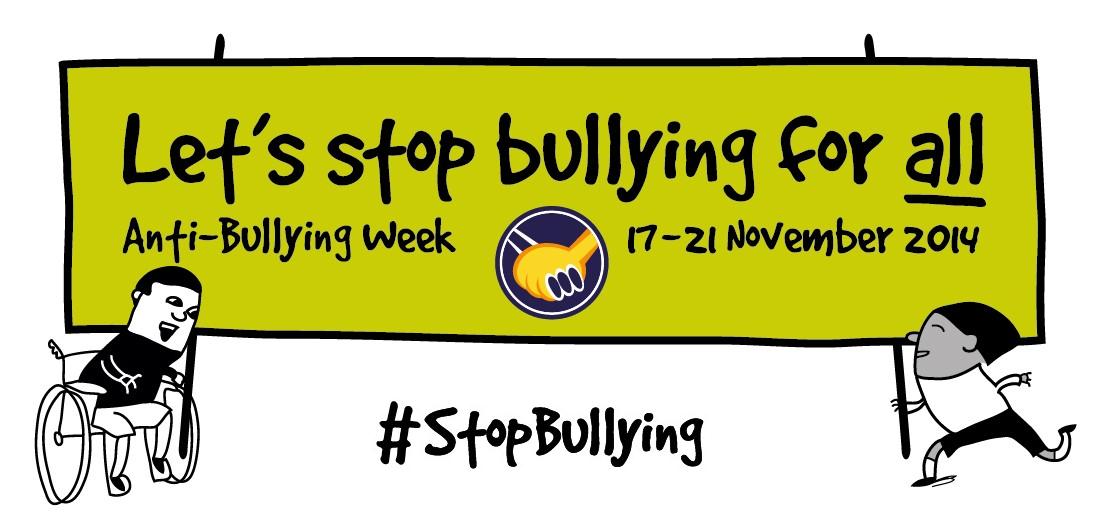As many readers will know this week sees us in Anti-Bullying Week 2014. While not, per se, a health issue it is , in fact, related closely to the objectives of the blog.
To explain , as you may know, I am the parent of an eight year old boy with autism. One of the things that worried us after his diagnosis was the idea that he would be bullied because of his autism.
In fact we have been very lucky. For the last couple of years he has been attending a ResourceBase unit for children with autism within the mainstream system. This means his fellow students in mainstream are aware of the nature of autism , take it in their stride, and so far neither her nor his friends in the ResourceBase has been on the receiving end of bullying. And , of course, we hope that it stays this way!
But that is , sadly, not true of so many people with learning disabilities. The aim of this blog is two-fold. Firstly to try and discover the extent of bullying of people with learning disabilities and, as importantly, to provide our readers with an opportunity to share how they dealt with such bullying.
Please use the comments section below to share your thoughts on the subject. You might want to think in terms of the following questions:-
a) What is your main learning disability?
b) Have you ever been bullied because of your learning of other disability?
c) Where did the bullying take place and in what context?
d) How was the bullying dealt with by you and any authorities?
e) What one piece of advice would you give to somebody who is being bullied?
Thanks very much in advance for sharing. Please note that we are also very interested in the views of parents and caregivers on the subject!
For more information on Anti-Bullying Week 2014 please go to their website here.

